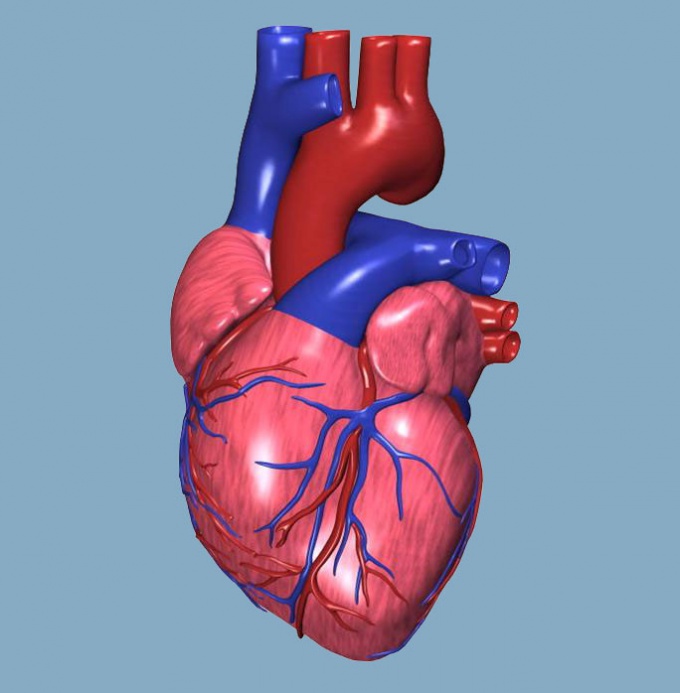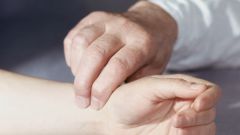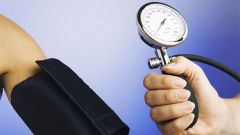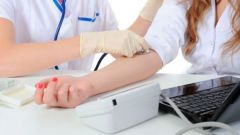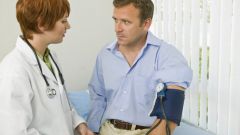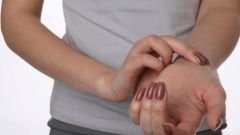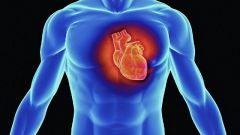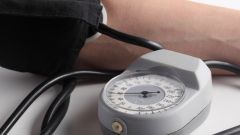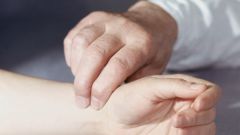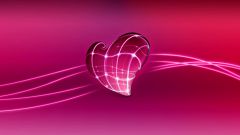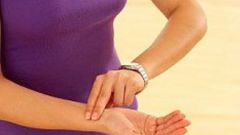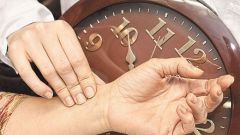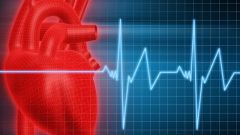Instruction
1
If you notice that you have palpitations, sit comfortably on a chair and place your feet on the floor. Inhale slowly and deeply, allowing the belly to move. Focus on that breath, and in a few minutes your heart will start to beat slower.
2
If breathing does not help, take a breath, pinch the nose and close your mouth and try to breathe out. It will not work, but the result of your efforts for a short time increase blood pressure, allowing the heart to restore normal rhythm. This technique is called Valsalva method by the name of its inventor, the Italian anatomist Antonio Valsalva, who lived in the 17th century. Processes. Cough also increases the pressure in your chest, helping your heart to bounce back.
3
Drink cold water. How this works practically trouble-free reception is still not clear. Some believe that the water passing through the esophagus puts pressure on the heart, causing it to operate in a normal rhythm. You can splash ice water in the face – a physiological shock also helps to bounce back.
4
The main source of increased heartbeat, usually stress. Starting to beat faster, heart warns that stress has reached dangerous levels. To get rid of stress and lead to normal heart helps meditation, relaxation of body and soul. Relieve stress with aromatherapy using lavender oil.
5
A good remedy for palpitation is the motherwort. Known medicines for tachycardia are sedatives, inderal and Corvalol.
6
To prevent strong heartbeats increase the number of fish in the diet. Fish contain omega-3 fatty acids (especially mackerel and salmon), which have good effect on the heart. Don't eat a lot of food at a time: when the stomach digests a lot of food, your digestive system is equipped with a large amount of blood, and the blood supply of the heart is weakened. Do not drink a lot of coffee, tea and alcohol. A few times a week do aerobic exercise – run, play tennis, do a warm-up.
7
Many people have palpitations observed due to low magnesium levels. Take vitamins with magnesium or other drugs that may be prescribed by a doctor. If you are taking any medication, check for contraindications, side effects, recommendations for use. Possible, your medication affects the heart rhythm.
